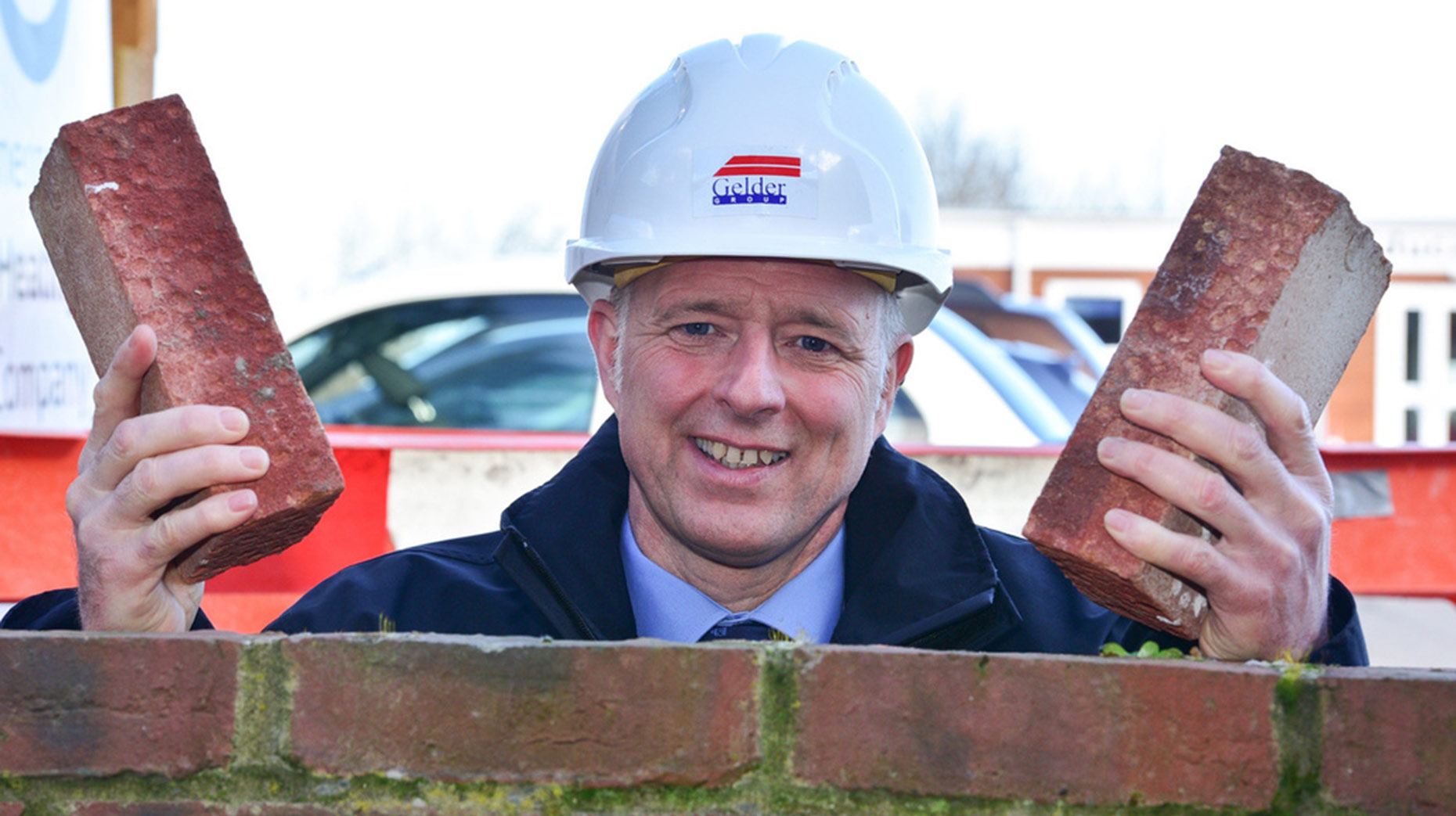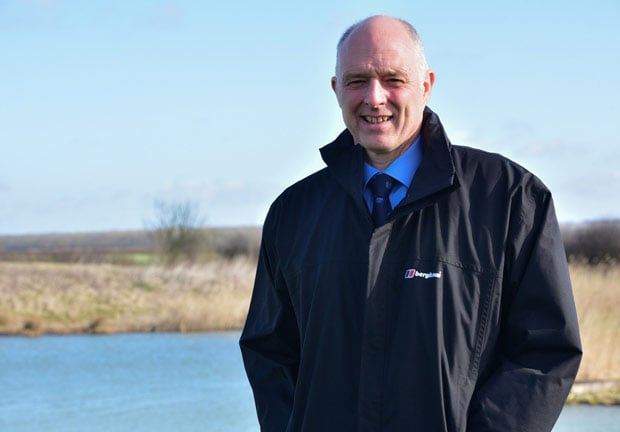
Lincoln chartered accountancy firm, Saul Fairholm, has made the first donation of its sponsorship of the city’s Boultham Park Capital Appeal.
As a major sponsor, Saul Fairholm, based on Tentercroft Street, has pledged £5,000 towards the £250,000 target set by learning disability charity, Linkage Community Trust, and City of Lincoln Council towards the restoration of the 50-acre park.
The project, which will cost £3.7 million, is being grant-aided by the Heritage Lottery Fund and Big Lottery Fund Parks for People initiative.
As previously reported, Linkage Community Trust aims to restore a former coaching house/stable block and to turn it into an education centre, cafe and shop in the park.

Work will also restore the fountain, bandstand and lake, as well as improving lighting pathways and seating on the site.
The Appeal target of £250,000 will meet the remaining match-funding required by the Heritage Lottery Fund which awarded the project a £2.7 million grant.
Saul Fairholm is one of four companies supporting the appeal as major sponsors and joins Mundys estate agents, Sills and Betteridge solicitors and Active8 Managed Technologies.
At a cheque presentation event, the company handed over the first tranche of its donation, £2,800, raised through a golf day in 2014.
Associate Neil McDowall said: “It’s a park that I knew from my youth and we like to support local communities and the efforts of Linkage. We raised the money through an annual charity golf day and a quiz.”
Appeal Chairman Philip Barnatt added: “I’m indebted to Saul Fairholm for their generous support. Like Neil, I have fond memories of the area from childhood and it’s great to see more companies becoming involved.
“The restoration of the park needs plenty of community support and we’re planning a number of events over the year to help raise more money.”









































